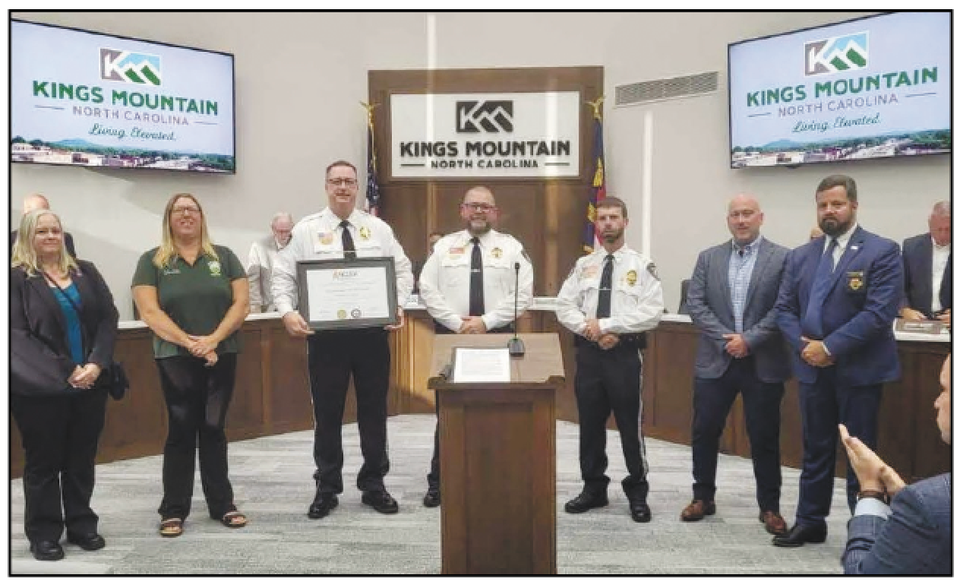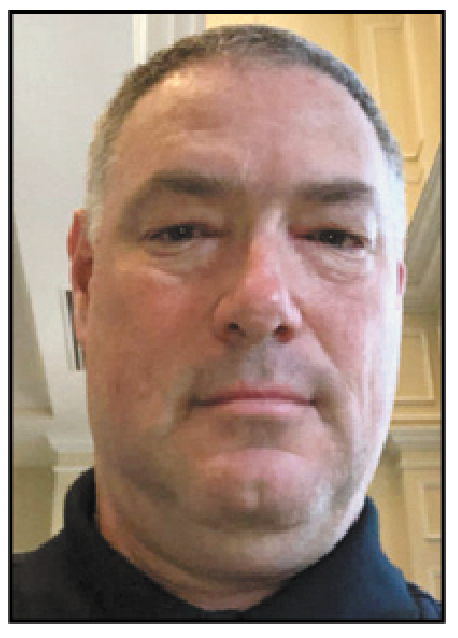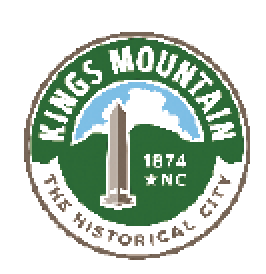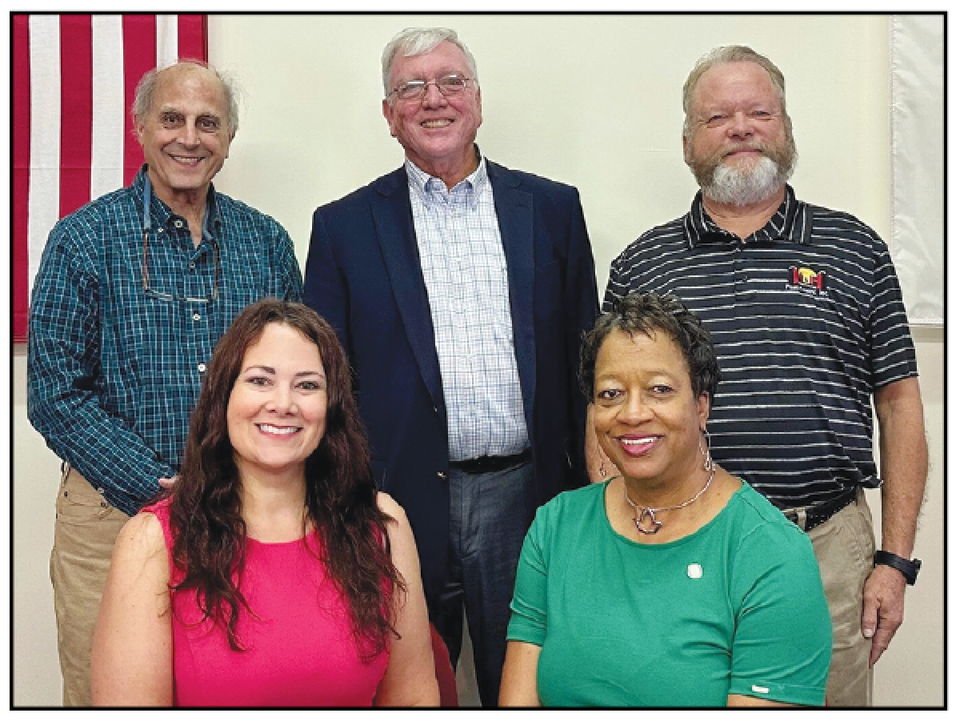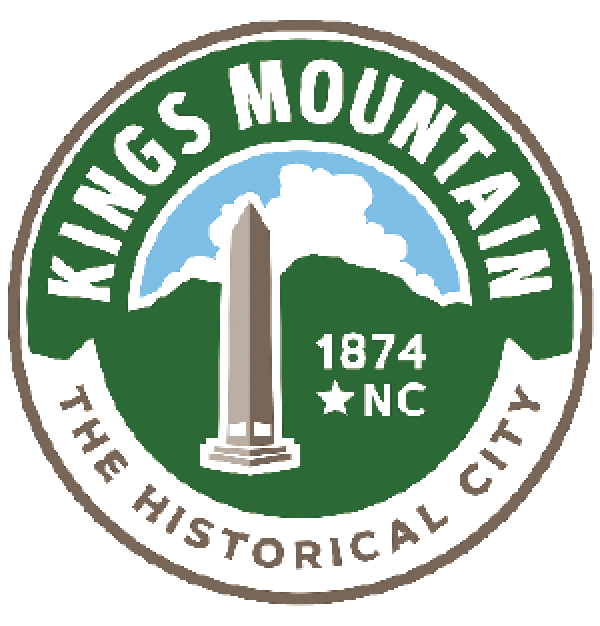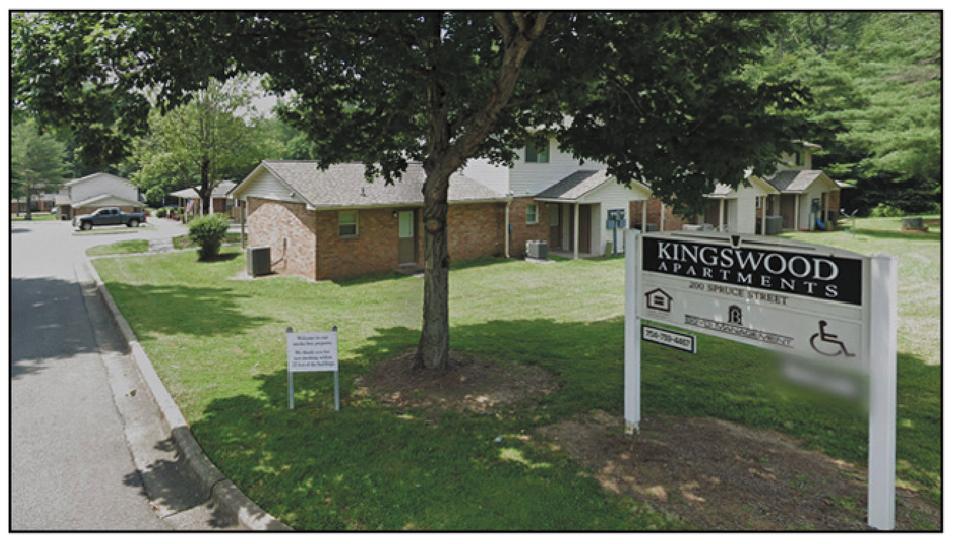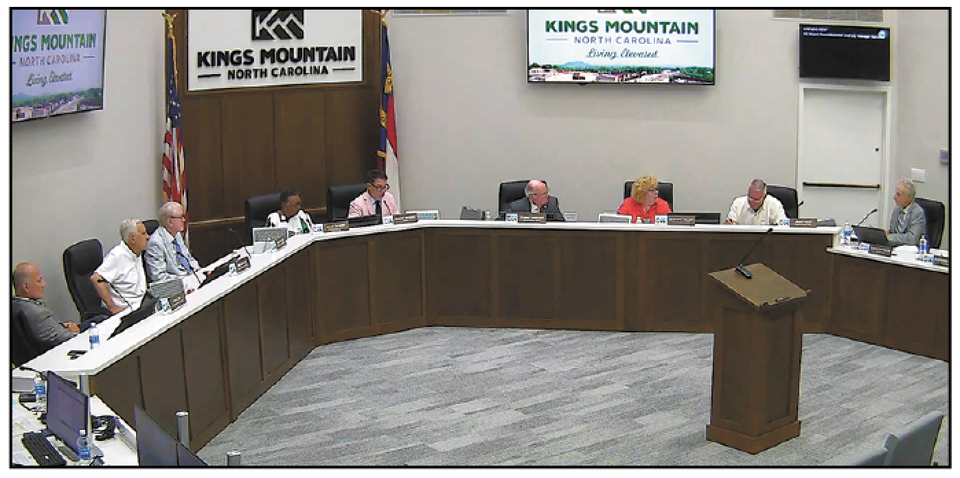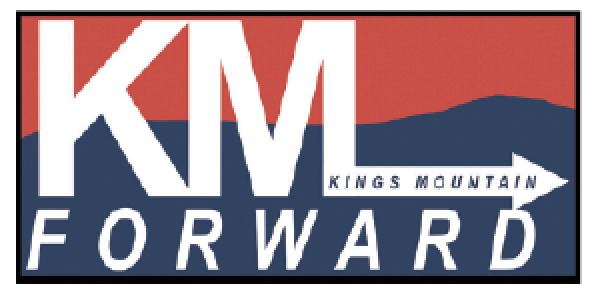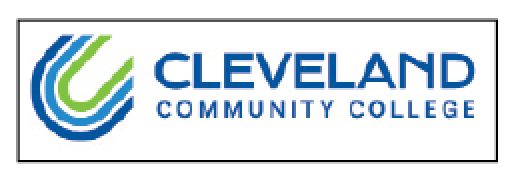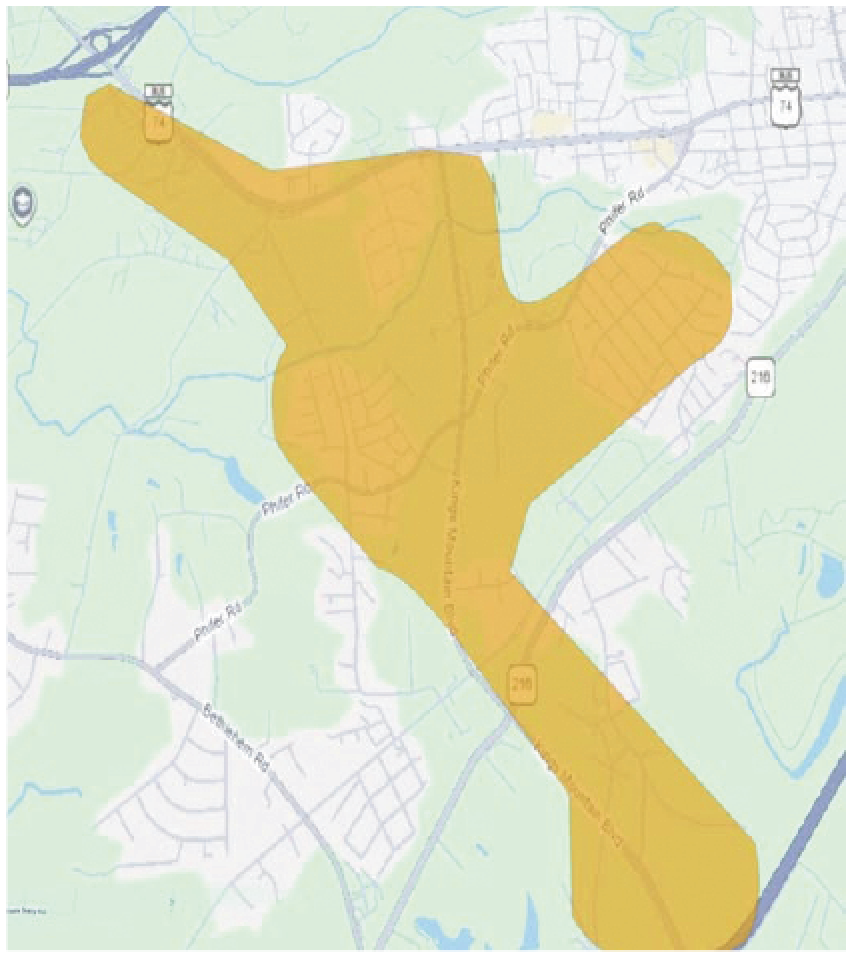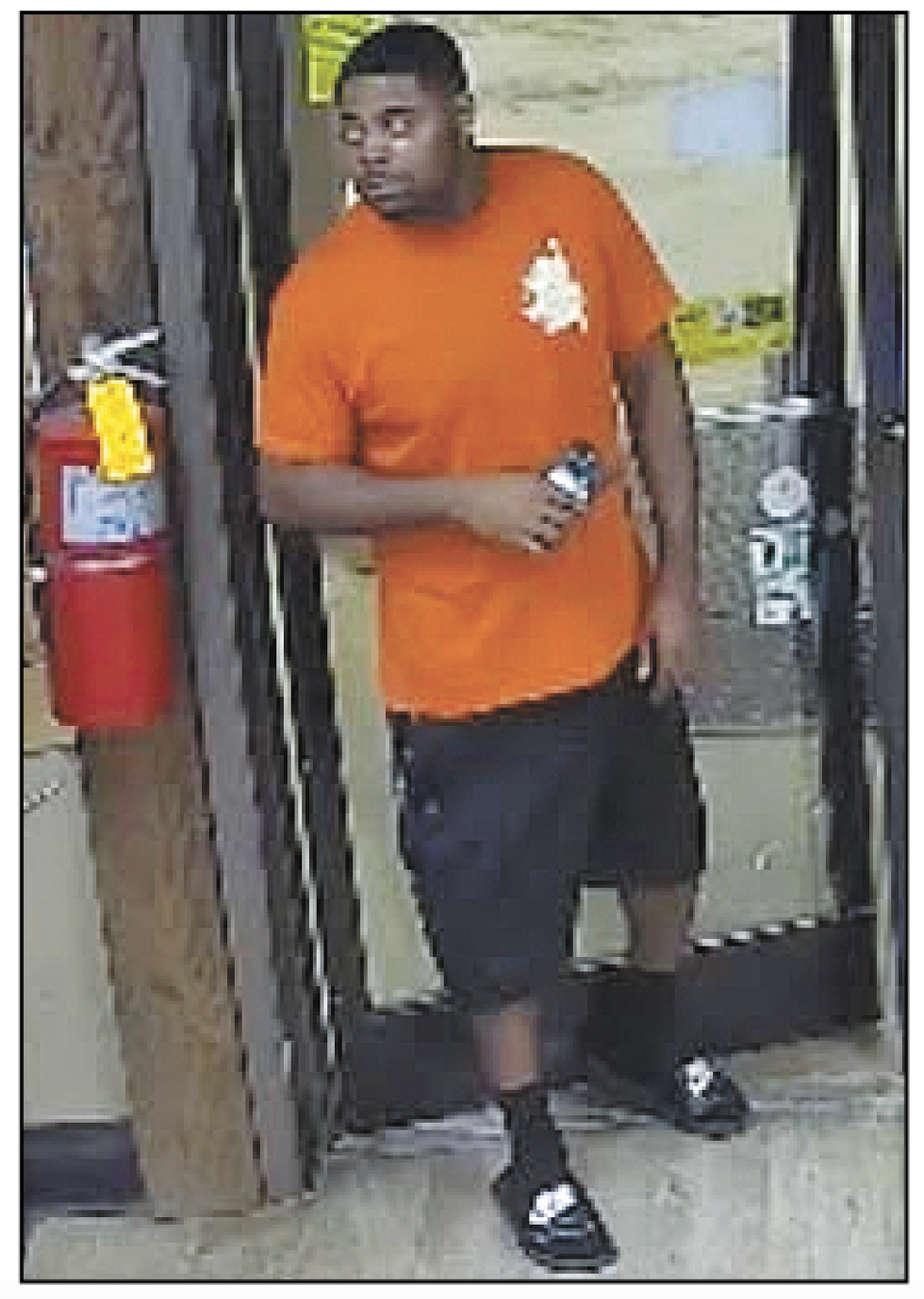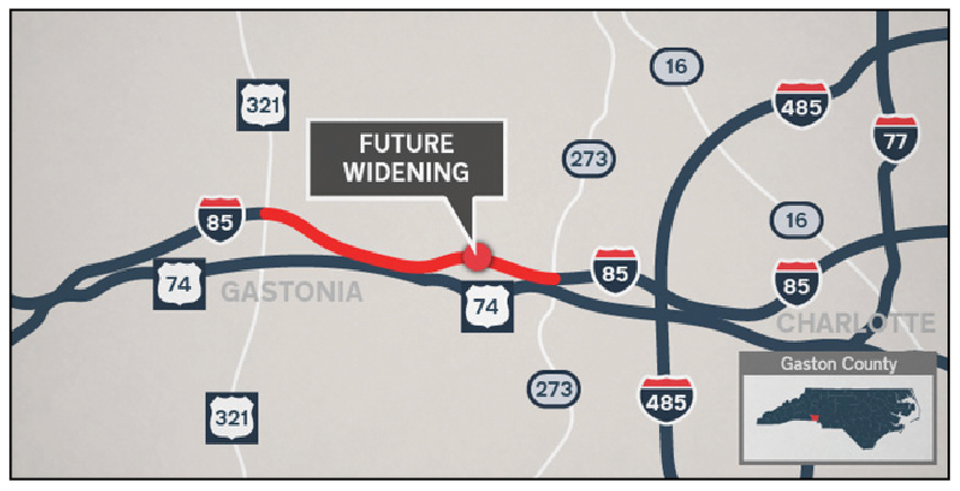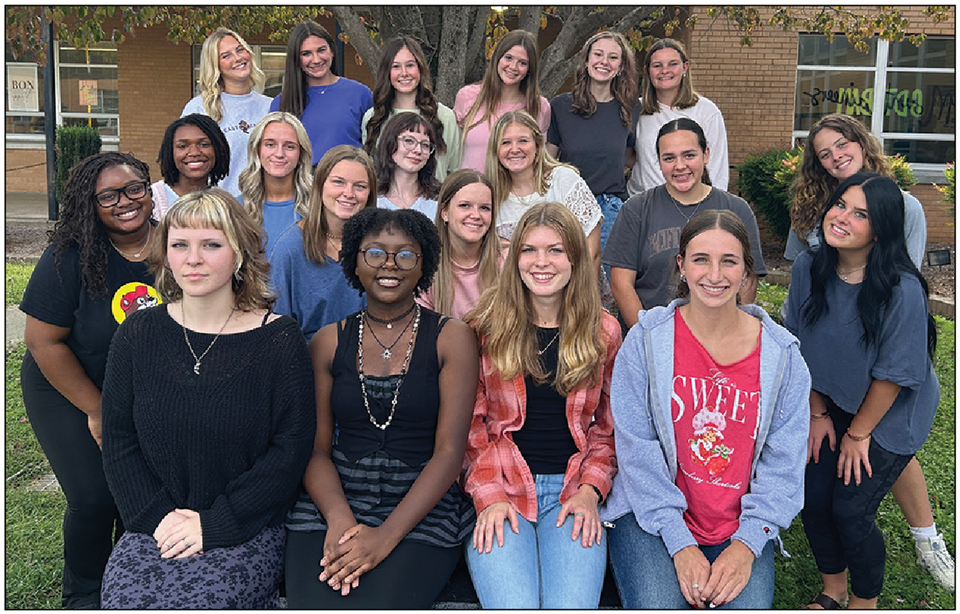
KMHS Homecoming Queen to be crowned this Friday
Kings Mountain High School Homecoming will be held this Friday, October 3.
KMHS (4-1) will face off against North Gaston (1-5) at 7:30 p.m., in a Big South 5A/6A conference faceoff at John Gamble Stadium.
Join the excitement as Kings Mountain High School presents its 2025 Homecoming Court and Queen during the halftime show on Friday night! It will be a night of school spirit, community pride, and unforgettable memories.
And don’t miss the Homecoming Parade on Friday afternoon. The route kicks off on W. Mountain Street, continues along the 200 block of Railroad Avenue, and wraps up on W. Gold Street.
Bring your friends, your school spirit, and your loudest cheers in support of Kings Mountain High School!
The Homecoming nominees are:
•Sarah Bouchard - Mounties Make A Wish Club
•Makayla Caskey - International Thespian Society
•Raylee Clark - Symphonic Chorale
•Alyssa Deal - HOSA
•Olivia Deloera - FCCLA
• Sarah Eagle - Beta Club
• Tayler Elliot - Teens for Courage
• Ashtyn Fisher - FCA
• Katherine Frye - KM Marching Band
• Chloe Goins - KMBA
• Hailey Griffin - Math Club
• Abigail Hedgepath - Tri-M Music Honors
Society
• Tippy Johnsonbaugh - Kings Revue
• Isabella Mathis - FFA
• Priscila Medina - STEM Club
• Kenzlie Morris - HECS Club
• Caroline Pyne - Student Participation Organization (SPO)
• Sathida Sengpaserth - Ambassador's Club
• Mallory Sims - Drama Club
• Princess Strain - Art Club
• Ava Tipton - Science Club
• Ella Toney - Yearbook
• Anna Wooten - NAHS
• Santana Young - Anime Club
The KMHS student body has chosen five senior girls as finalists for the title of KMHS 2025 homecoming queen. The finalists are: Princess Strain, Tayler Elliot, Kenzlie Morris, Priscila Medina, and Sarah Bouchard.
KMHS (4-1) will face off against North Gaston (1-5) at 7:30 p.m., in a Big South 5A/6A conference faceoff at John Gamble Stadium.
Join the excitement as Kings Mountain High School presents its 2025 Homecoming Court and Queen during the halftime show on Friday night! It will be a night of school spirit, community pride, and unforgettable memories.
And don’t miss the Homecoming Parade on Friday afternoon. The route kicks off on W. Mountain Street, continues along the 200 block of Railroad Avenue, and wraps up on W. Gold Street.
Bring your friends, your school spirit, and your loudest cheers in support of Kings Mountain High School!
The Homecoming nominees are:
•Sarah Bouchard - Mounties Make A Wish Club
•Makayla Caskey - International Thespian Society
•Raylee Clark - Symphonic Chorale
•Alyssa Deal - HOSA
•Olivia Deloera - FCCLA
• Sarah Eagle - Beta Club
• Tayler Elliot - Teens for Courage
• Ashtyn Fisher - FCA
• Katherine Frye - KM Marching Band
• Chloe Goins - KMBA
• Hailey Griffin - Math Club
• Abigail Hedgepath - Tri-M Music Honors
Society
• Tippy Johnsonbaugh - Kings Revue
• Isabella Mathis - FFA
• Priscila Medina - STEM Club
• Kenzlie Morris - HECS Club
• Caroline Pyne - Student Participation Organization (SPO)
• Sathida Sengpaserth - Ambassador's Club
• Mallory Sims - Drama Club
• Princess Strain - Art Club
• Ava Tipton - Science Club
• Ella Toney - Yearbook
• Anna Wooten - NAHS
• Santana Young - Anime Club
The KMHS student body has chosen five senior girls as finalists for the title of KMHS 2025 homecoming queen. The finalists are: Princess Strain, Tayler Elliot, Kenzlie Morris, Priscila Medina, and Sarah Bouchard.


